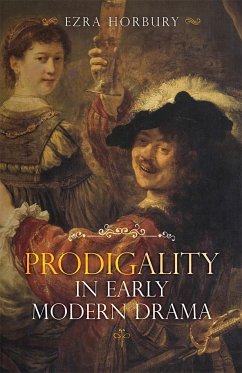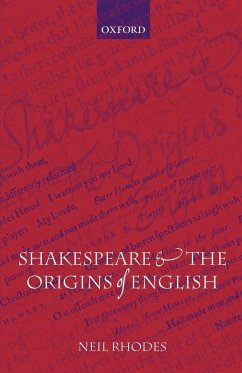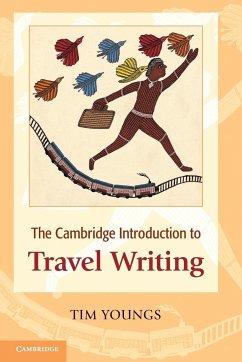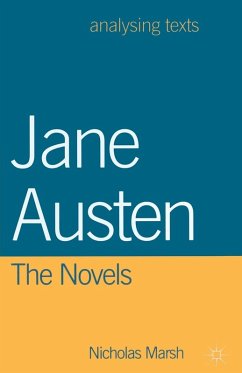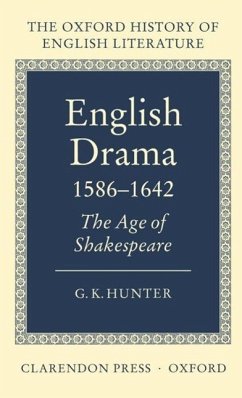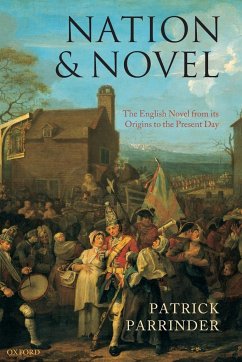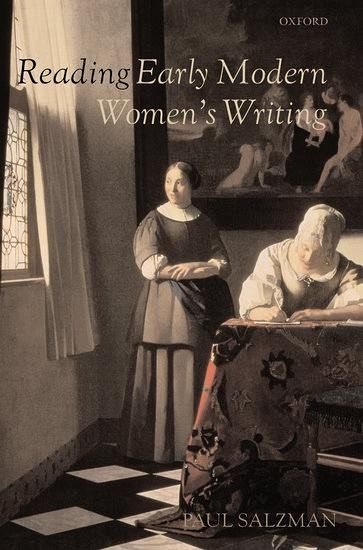
Reading Early Modern Women's Writing
Versandkostenfrei!
Versandfertig in 1-2 Wochen
208,99 €
inkl. MwSt.

PAYBACK Punkte
104 °P sammeln!
This book contains the first comprehensive account of writing by women from the mid sixteenth century through to 1700. At the same time, it traces the way a representative sample of that writing was published, circulated in manuscript, read, anthologized, reprinted, and discussed from the time it was produced through to the present day. Salzman's study covers an enormous range of women from all areas of early modern society, and it covers examples of the many and varied genres produced by these women, from plays to prophecies, diaries to poems, autobiographies to philosophy. As well as introdu...
This book contains the first comprehensive account of writing by women from the mid sixteenth century through to 1700. At the same time, it traces the way a representative sample of that writing was published, circulated in manuscript, read, anthologized, reprinted, and discussed from the time it was produced through to the present day. Salzman's study covers an enormous range of women from all areas of early modern society, and it covers examples of the many and varied genres produced by these women, from plays to prophecies, diaries to poems, autobiographies to philosophy. As well as introducing readers to the wealth of material produced by women in the early modern period, this book examines changing responses to what was written, tracing a history of reception and transmission that amounts to a cultural history of changing taste.





